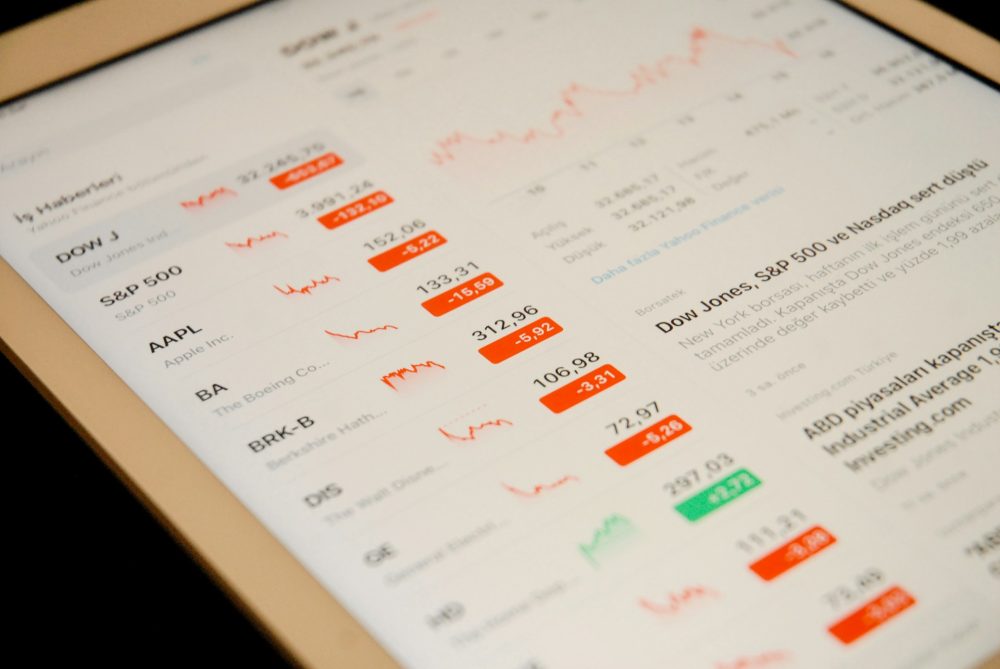Business
IMF Raises Spain’s GDP Growth Forecast for 2022 to 4.6%
Currently, Spain remains the only euro economy that has not returned to the level of activity prior to the pandemic. That happened because in 2020 it suffered the most intense fall in GDP of the advanced economies, due to its high dependence on sectors such as tourism and the hotel and catering industry. The IMF has maintained its growth forecast for 2023 at 1.2%

The International Monetary Fund (IMF) raises its forecast for Spain. The body led by Kristalina Georgieva has raised its growth forecast for the Spanish economy for 2022 by three-tenths, to 4.6%, as reported by the fund in the revision of its annual forecasts published on Wednesday, November 23rd.
The entity has maintained its forecast for Spanish Gross Domestic Product (GDP) growth for 2023 at 1.2%, although it has warned that growth in the coming quarters will be “relatively weak” and could even approach zero at the end of this year and early 2023. However, the IMF has ruled out Spain’s entry into a technical recession.
Over the next two years, weak external demand and deteriorating consumer confidence will weigh on the Spanish economy’s growth. In addition, inflation will not slow to 2% in the next two years, while industrial production will reach pre-pandemic levels in 2024.
According to the agency, the Spanish economy will rebound in the course of 2023 and return to pre-pandemic levels in 2024, provided that supply problems dissipate, the Recovery Plan is implemented and energy prices do not continue to soar.
Read more about Spain’s GDP growth forecasts and discover the world’s most interesting financial news with the mobile app Born2Invest. The app provides its readers access to the latest news in global business, stock market, finance news, and also trending topics like bitcoin, cryptocurrency, and biotech.
The IMF has maintained its growth forecast for 2023 at 1.2%
However, the IMF notes that the outlook is subject to great uncertainty. “A sharper-than-expected slowdown in the global economy or a more pronounced tightening of financial conditions could change the forecast,” the agency has assured.
In terms of employment, the report positively assesses the labor reforms approved by the Spanish government in 2021, although it warns that it is too early to evaluate their definitive impact. At the same time, the fund warns that productivity growth in Spain is lower than that of the economies of the countries in the area.
Currently, Spain remains the only euro economy that has not returned to the level of activity prior to the pandemic. That happened because in 2020 it suffered the most intense fall in GDP of the advanced economies, due to its high dependence on sectors such as tourism and the hotel and catering industry.
The Bank of Spain‘s GDP growth forecast for next year is 1.4%, below the Government’s estimate of 2.1%. On the other hand, in October, the institution increased its growth forecast for this year by four tenths of a percentage point to 4.5%.
__
(Featured image by maerchenkiste via Pixabay)
DISCLAIMER: This article was written by a third party contributor and does not reflect the opinion of Born2Invest, its management, staff or its associates. Please review our disclaimer for more information.
This article may include forward-looking statements. These forward-looking statements generally are identified by the words “believe,” “project,” “estimate,” “become,” “plan,” “will,” and similar expressions. These forward-looking statements involve known and unknown risks as well as uncertainties, including those discussed in the following cautionary statements and elsewhere in this article and on this site. Although the Company may believe that its expectations are based on reasonable assumptions, the actual results that the Company may achieve may differ materially from any forward-looking statements, which reflect the opinions of the management of the Company only as of the date hereof. Additionally, please make sure to read these important disclosures.
First published in PlantaDoce, a third-party contributor translated and adapted the article from the original. In case of discrepancy, the original will prevail.
Although we made reasonable efforts to provide accurate translations, some parts may be incorrect. Born2Invest assumes no responsibility for errors, omissions or ambiguities in the translations provided on this website. Any person or entity relying on translated content does so at their own risk. Born2Invest is not responsible for losses caused by such reliance on the accuracy or reliability of translated information. If you wish to report an error or inaccuracy in the translation, we encourage you to contact us.

-

 Markets2 weeks ago
Markets2 weeks agoNavigating the Fourth Turning: Cycles of Crisis and Opportunity
-

 Cannabis4 days ago
Cannabis4 days agoIs Aurora Cannabis Stock a Risk Worth Taking?
-

 Impact Investing2 weeks ago
Impact Investing2 weeks agoEU Eases CO2 Tax Burden on SMEs with Revised CBAM Rules
-

 Business6 days ago
Business6 days agoAmerica’s Debt Spiral: A $67 Trillion Reckoning Looms by 2035

























